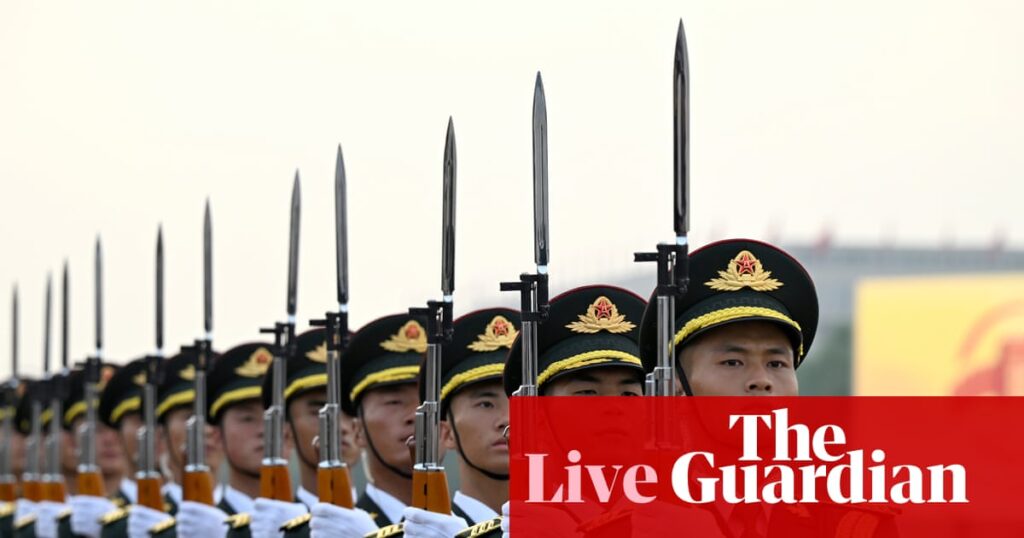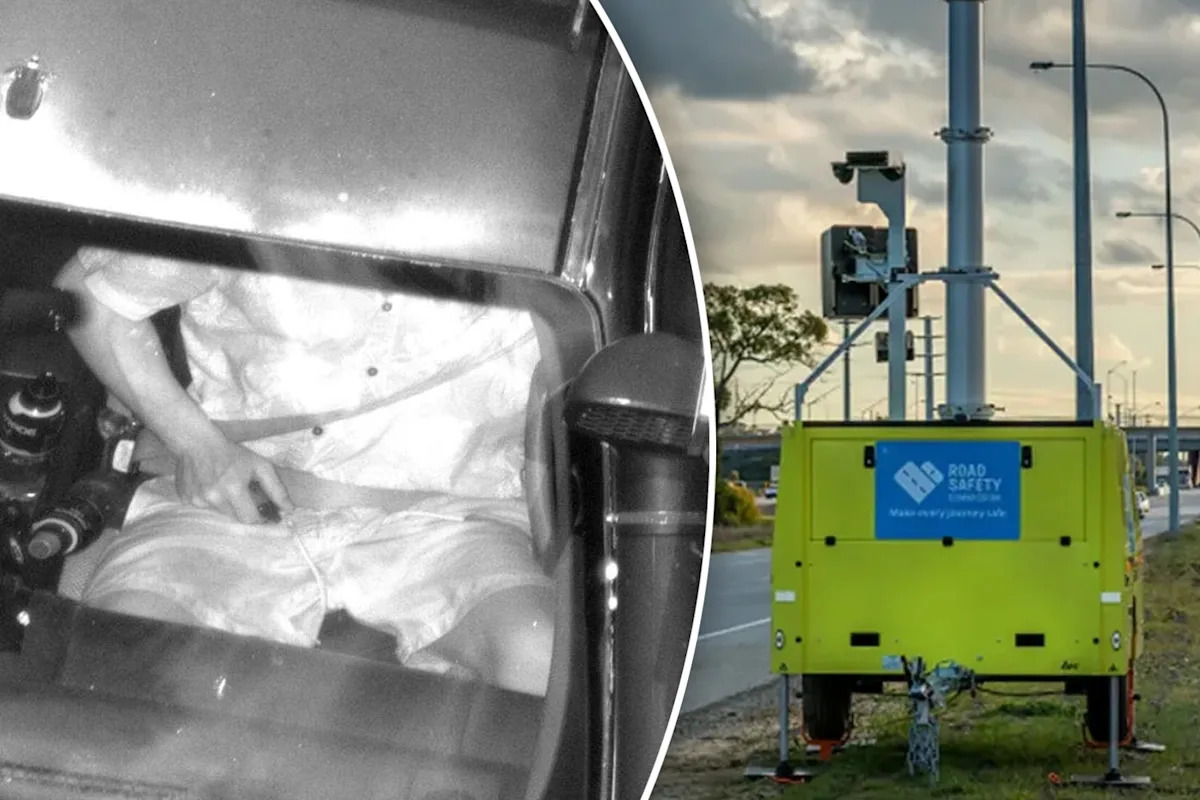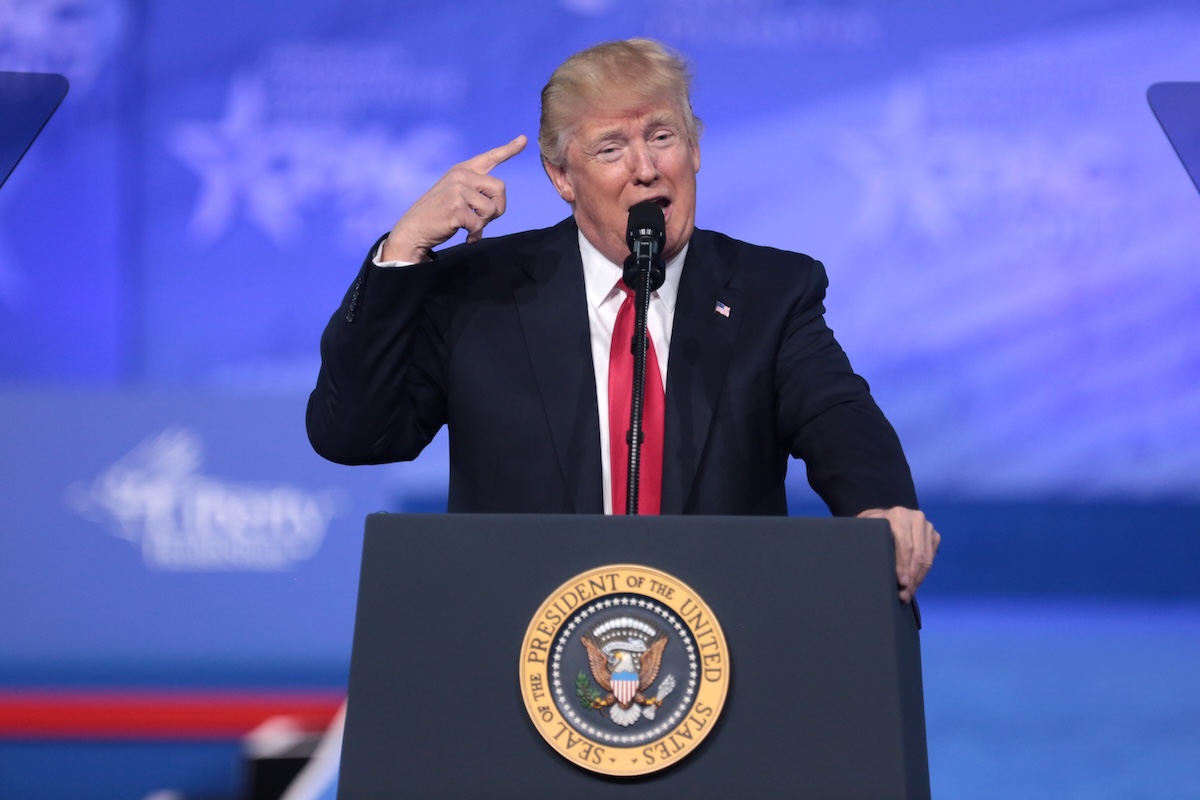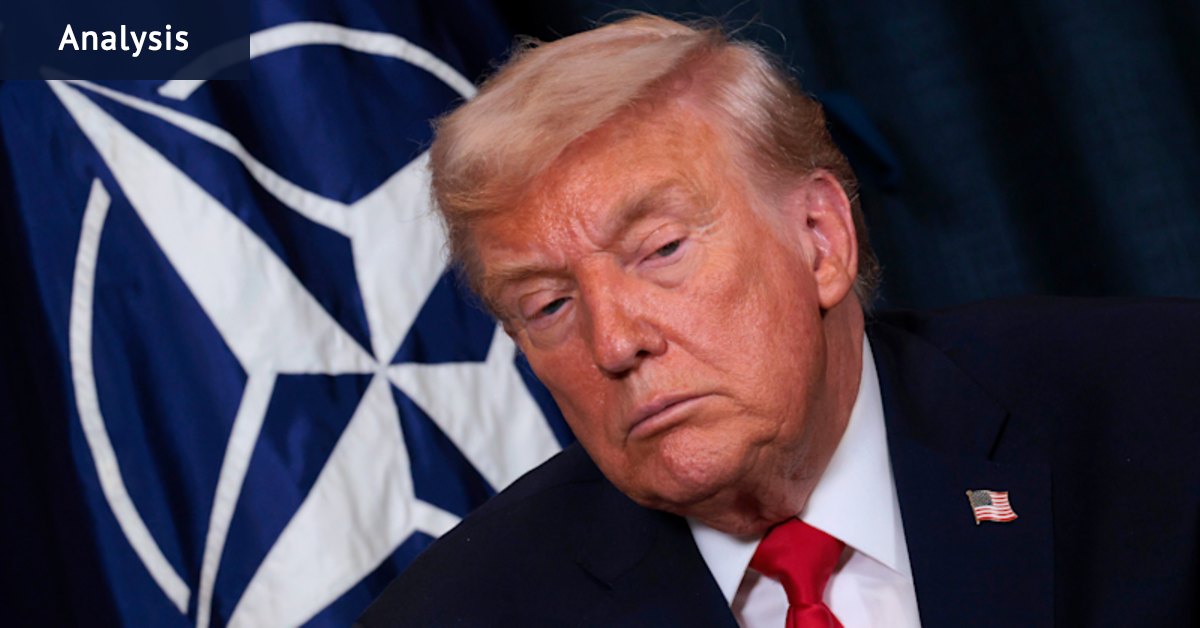
Former Victorian Labor Premier Daniel Andrews and former Labor Foreign Affairs Minister Bob Carr have come under fire for their decision to attend a military parade in Beijing, commemorating the 80th anniversary of the end of World War II. The event, attended by Russian President Vladimir Putin and North Korean leader Kim Jong-un, has sparked controversy back in Australia, with critics labeling it a “parade for dictators.”
The shadow home affairs minister, Andrew Hastie, was particularly vocal, condemning the attendance of Andrews and Carr. “This is a parade for dictators. It’s a celebration of the Chinese Communist Party,” Hastie remarked, adding a sharp critique of the optics of such attendance. Opposition leader Sussan Ley echoed similar sentiments, questioning the implications of their presence at an event also attended by Putin.
Diplomatic Repercussions and Critiques
The absence of Australia’s ambassador to China, Scott Dewar, at the event further highlights the diplomatic sensitivity surrounding the parade. The decision by Andrews and Carr to attend has raised questions about Australia’s stance on international relations, particularly with nations like China, Russia, and North Korea.
Political analyst Dr. Emily Clarke suggests that such actions could be perceived as tacit endorsements of the regimes present. “While attendance at international events is common, the context of this parade makes it particularly sensitive,” Clarke noted. “It sends a mixed message about Australia’s diplomatic priorities.”
Historical Context and Political Implications
This development comes at a time when Australia’s foreign policy is under scrutiny, especially regarding its relationships with major powers in the Asia-Pacific region. Historically, Australia’s diplomatic engagements have been carefully balanced, aiming to maintain strong ties with Western allies while engaging constructively with China.
However, the presence of Andrews and Carr at the parade could complicate this balance. “Australia has always walked a tightrope in its foreign policy,” said Professor John Mitchell from the University of Sydney. “Engagement is crucial, but so is the perception of that engagement.”
Reactions from the Political Arena
Meanwhile, the controversy has sparked a broader debate about the role of former politicians in international diplomacy. Critics argue that such figures, while no longer holding office, still represent the country in some capacity. The potential impact on Australia’s image abroad cannot be understated.
In response to the criticisms, both Andrews and Carr have defended their decision, emphasizing the importance of dialogue and engagement. However, their explanations have done little to quell the uproar, with many calling for a clearer articulation of Australia’s foreign policy objectives.
Looking Ahead: Diplomatic Strategies and Challenges
As Australia navigates these diplomatic waters, the government faces the challenge of maintaining its strategic interests while managing public perception. The incident underscores the complexities of international diplomacy, where actions are scrutinized not only for their immediate impact but also for their long-term implications.
Moving forward, experts suggest that Australia may need to reassess its diplomatic strategies, particularly in relation to high-profile international events. “It’s about finding the right balance,” Dr. Clarke emphasized. “Engagement should not come at the cost of compromising core values.”
The situation remains fluid, with potential repercussions for Australia’s diplomatic relations. As the world watches, the actions of its political figures continue to shape the narrative of Australia’s role on the global stage.





